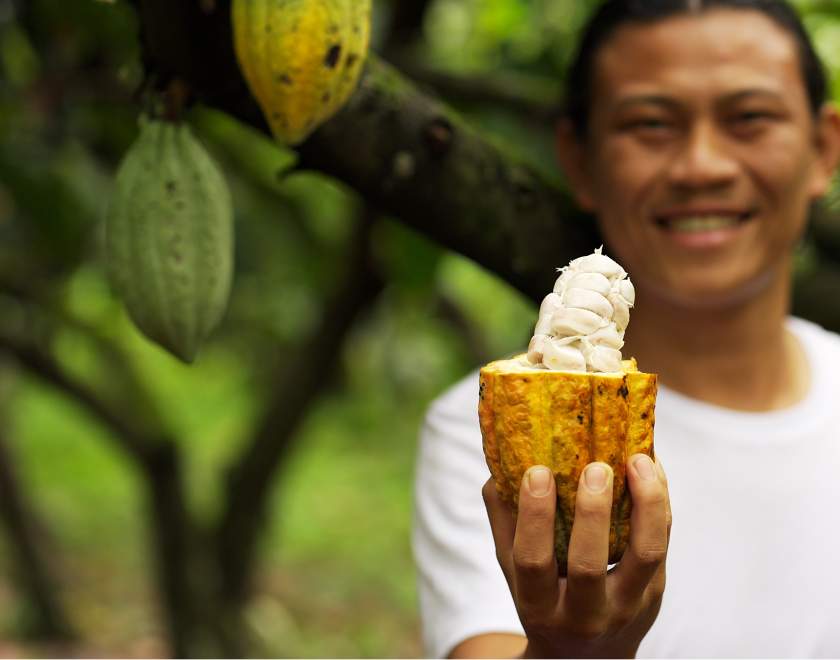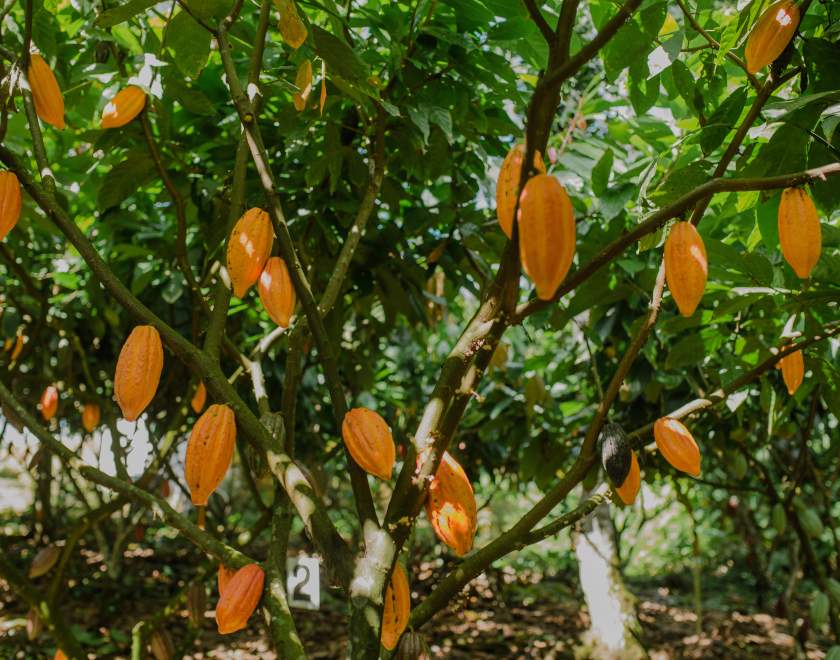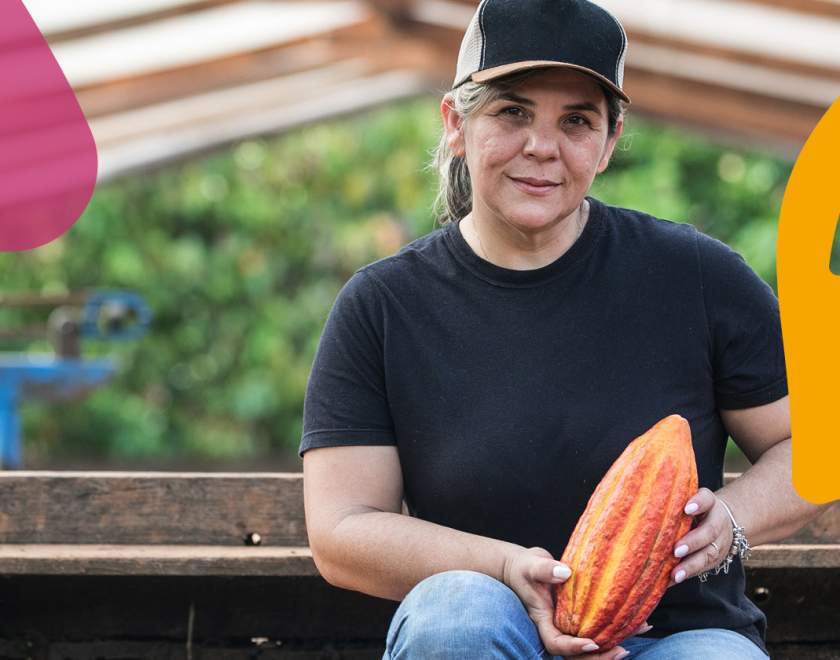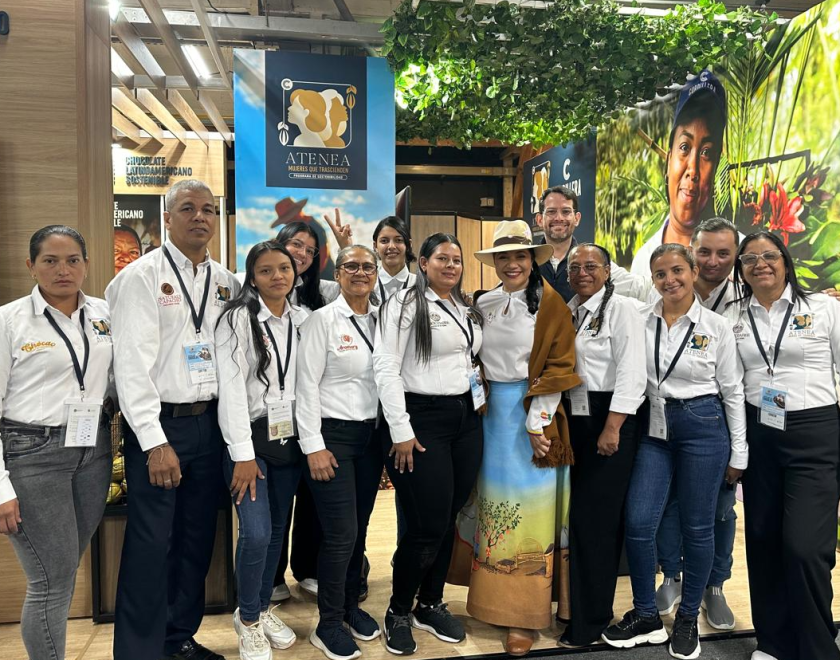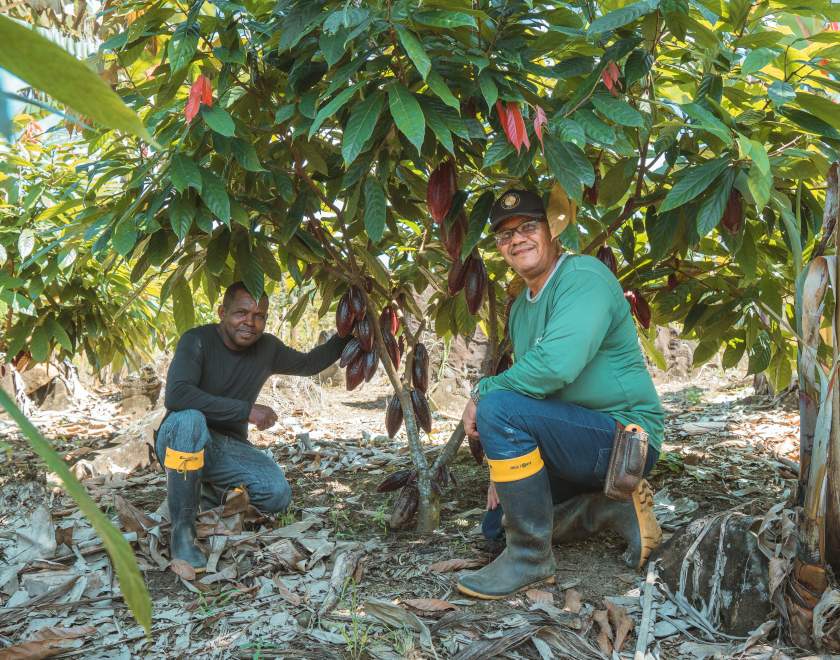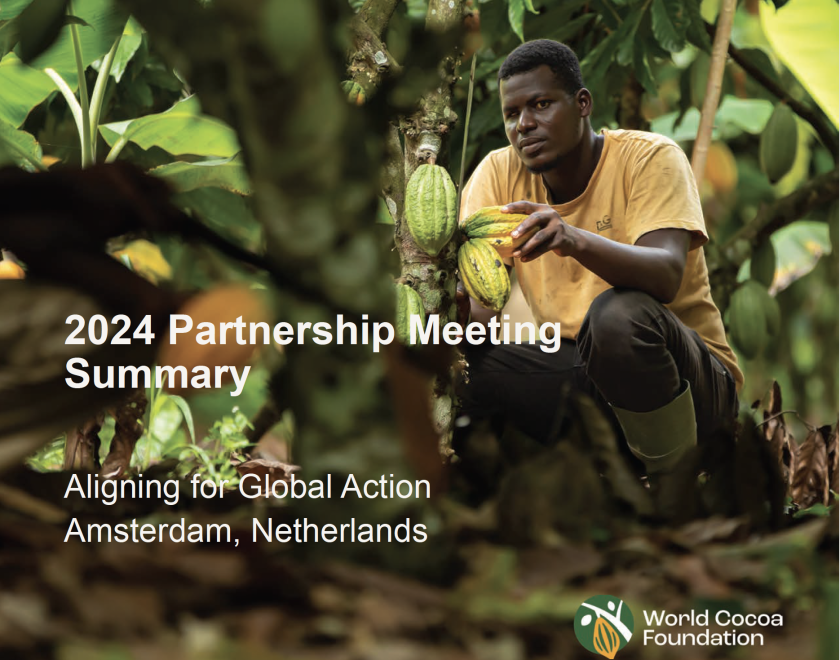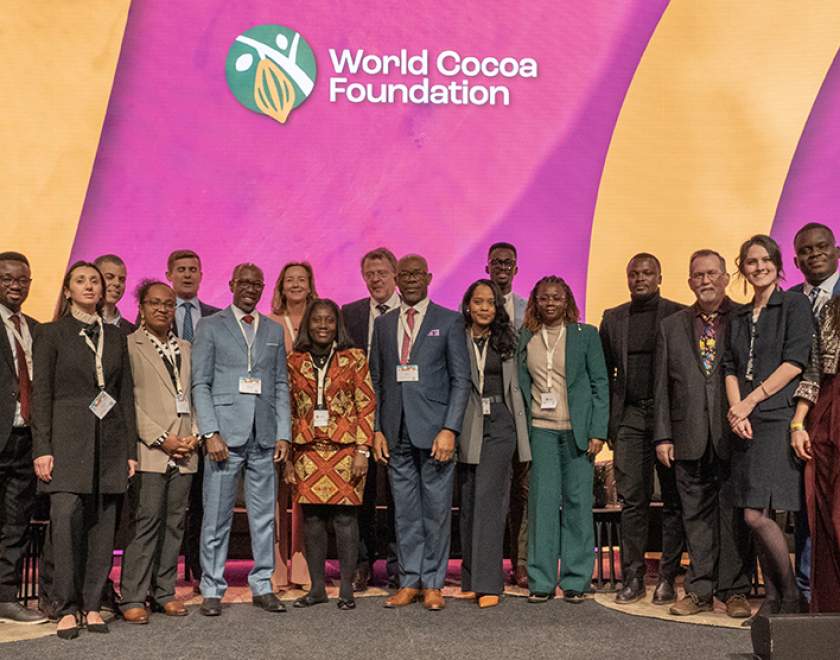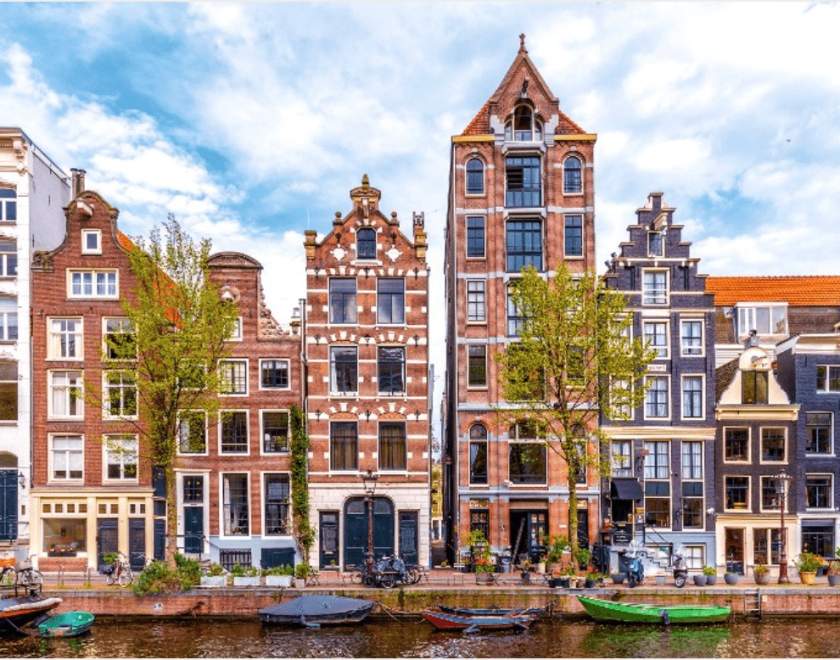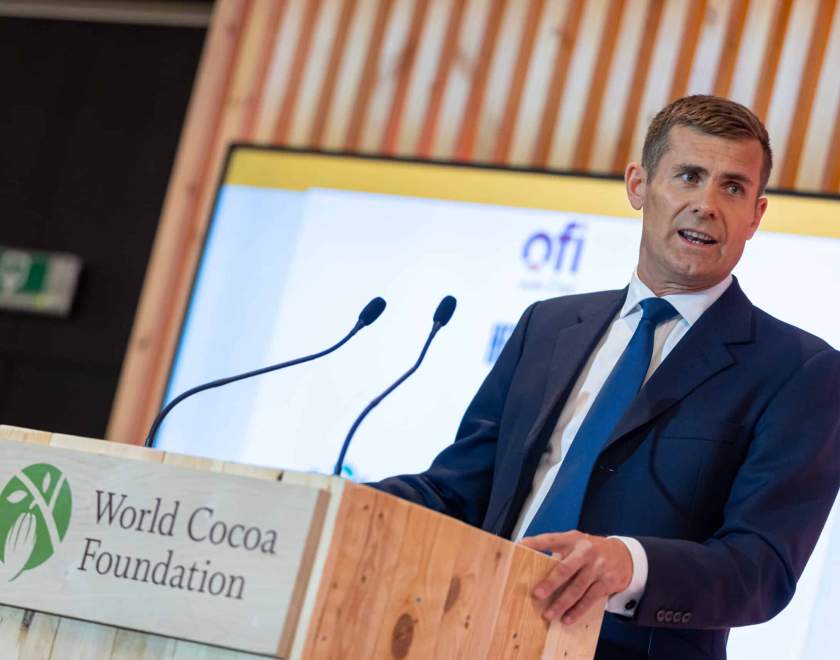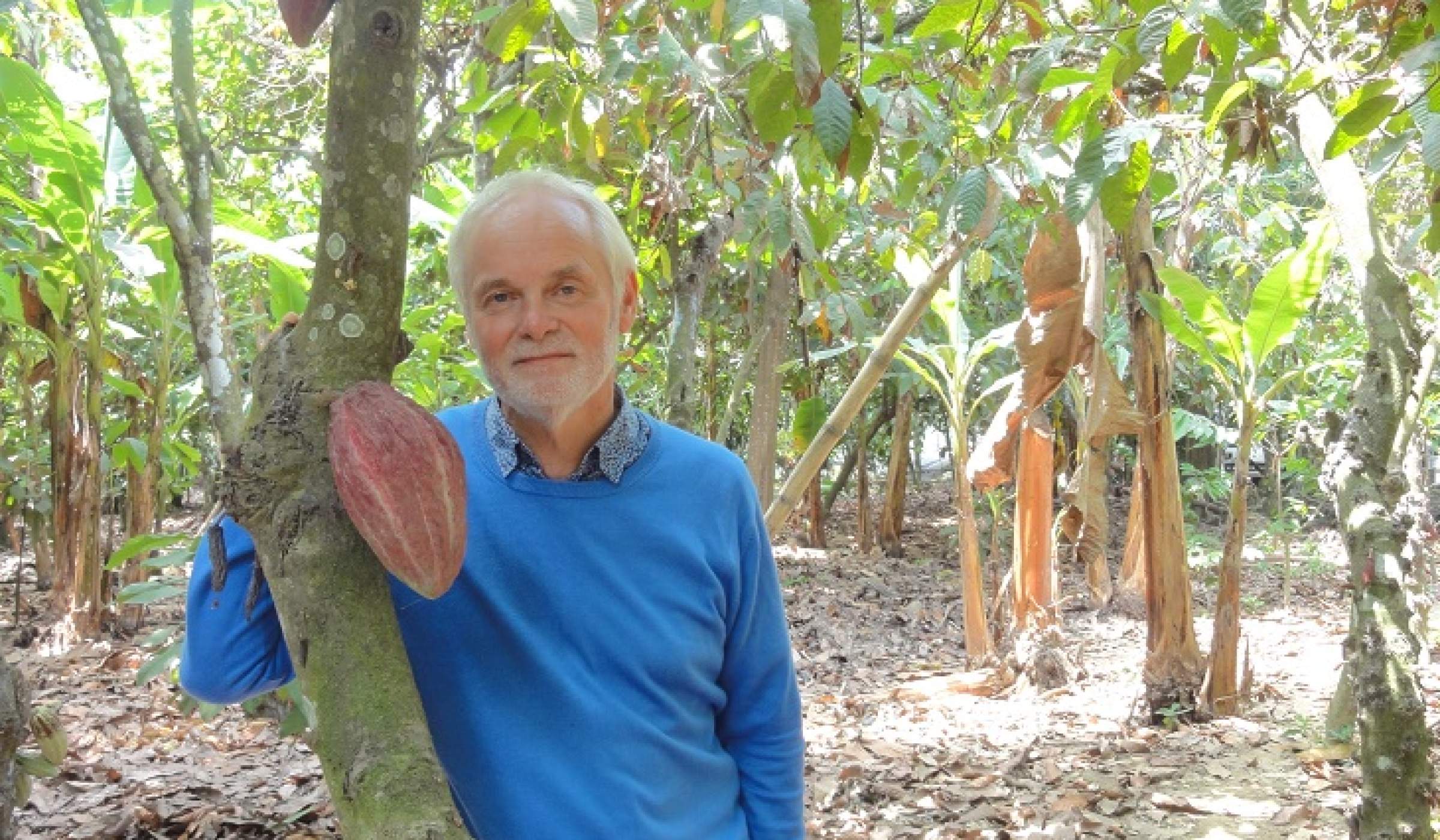
World Cocoa Foundation sat down with Jack Steijn, of Equipoise, to talk about the work he does and the upcoming Amsterdam Cocoa Week from February 5-11, 2024.
Can you share a bit about the work you do?
Equipoise is a consultancy for cocoa sustainability. In our vision, cocoa sustainability projects should always be related to a supply chain related to a market. You see a lot of projects working on sustainability without a proven market and demand for the cocoa that will be produced or diversification projects without market access for the diversified products. After public money for a project is spent, it dies out. Market access and sustainability are two sides of the same coin. Most of our projects are related to market chains. We have worked with IDH to improve the sustainability at the origins of cocoa supply chains in six countries: Sierra Leone, Côte d'Ivoire, Peru, Colombia, Ghana, and Cameroon.
Additionally, we organize CHOCOA which is all about market access. Providing market access to cocoa producers who grow sustainable cocoa and invest in the quality. Our conference slogan is “Good cocoa, better chocolate.” We believe that sustainable cocoa and fine quality cocoa leads to better chocolate, and Equipoise is all about improving market access for sustainable cocoa and chocolate.
How has the cocoa sector changed in the years you have been involved?
I started my career in cocoa as the General Secretary of the European Warehouse Keepers Federation. But my real first entry into sustainable cocoa was chairing the committees of the ISO and CEN, the international and European standardization organizations on sustainable and traceable cocoa. That standard has given input to the new FairTrade, Rainforest Alliance, as well as company standards and forms the basis of the African Regional Standards.
Since I started working in cocoa there has been a convergence of opinions. Contrary to other sectors, in cocoa there are more common views on what sustainability is and what needs to be done to support farmer development as compared to other sectors. There are also more common activities between NGOs and industry than other sectors (like the Cocoa Coalition in Europe). They may not agree on the speed that is needed, but they are at least moving in the same direction.
Additionally, in cocoa, people have come together, and they have learned to respect each other’s views.
What is CHOCOA? How is it different to WCF’s Partnership Meeting? How can they complement each other?
At Chocoa, we want good cocoa to be sold. There are a lot of cocoa producers and traders that have stands and propose their products to the audience. We have created the Chocolate Makers’ Forum and the Amsterdam Sustainable Cocoa Conference to attract potential buyers, but the emphasis is on the trade fairs. Of course, chocolate makers are also interested in selling their products which is why we include a chocolate festival on Saturday and Sunday. Markets must always include a buyer and a seller, and so we include both. This is why we have the trade fair at the beginning of Chocoa for the cocoa producers and traders, and then we have the chocolate festival over the weekend. The festival is also a platform to inform the public on sustainability efforts related to chocolate.
World Cocoa Foundation’s Partnership Meeting is all about sharing the efforts and results of sustainable cocoa policies, and Chocoa is about selling cocoa and chocolate as well as sharing new ideas and developments in sustainability. The two events being held together during Amsterdam Cocoa Week grows the platform and the impact for both. Plus, participants will find it very interesting to meet with farmers, who speak and participate at the Partnership Meeting, at the booths during the CHOCOA Trade Fair. The entire week of activities will enrich their experience and allows participants to meet the cocoa farmers and buy cocoa directly from them, thus growing the market.
What is Amsterdam Cocoa Week? Why is it special?
In Amsterdam, there is a lot of cocoa related activity. It started in the 17th and 18th centuries with trading and then processing. Amsterdam is the largest cocoa port of the world for transport and storage: cocoa for terminal markets, cocoa for industry, it has always been here. In the last decade, we have had a lot of cocoa sustainability activities as well. All types of sustainability companies and consultants are present in Amsterdam and in the surrounding cities, and Amsterdam Cocoa Week will allow all these actors to showcase, meet up, and network. It will give stimulus to global action!
Why are conferences of this sort important?
Information is the only commodity that gets larger when you share it. So sit together, share information, and the results will be larger than the initial investment! With that in mind, be sure to join us for Amsterdam Cocoa Week.
